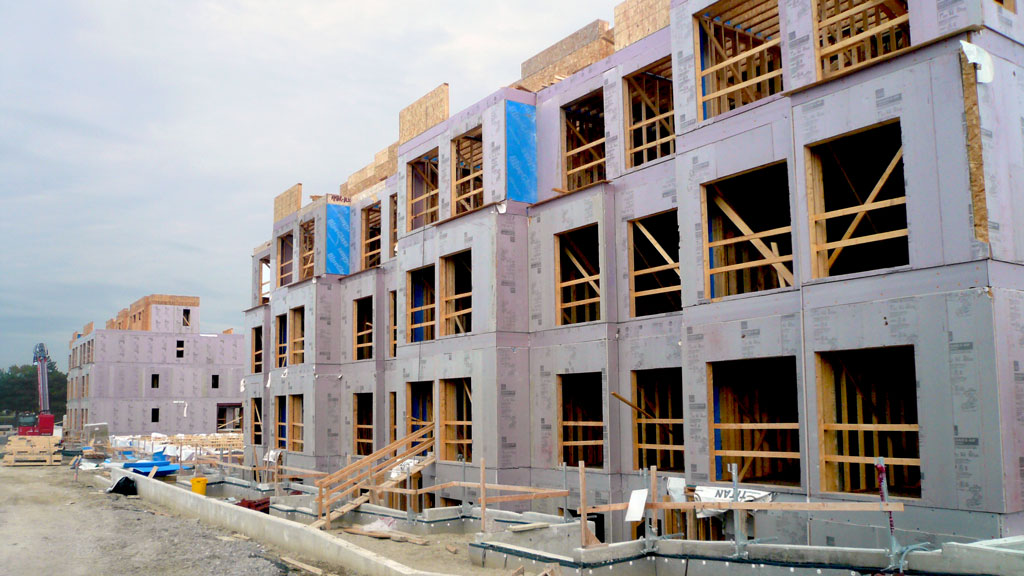TORONTO — A new housing study found the number of new homes built in the Greater Toronto Area (GTA) is lagging significantly behind population growth and the region is seeing a serious decline in development applications which foreshadows a further deterioration of housing supply.
The latest Municipal Benchmarking Study developed by Altus Group Economic Consulting for the Building Industry and Land Development Association (BILD) also shows each month of delay adds $2,673 to $5,576 in added cost per unit per month. Based on average approval timeframes, this adds between $43,000 and $90,000 to the cost of a new home.
This is the third Municipal Benchmarking Study since 2020. The 2024 study identifies that, on average, municipal approvals for new housing in the GTA take 20 months.
The study also quantifies the fees and charges that municipalities add to the cost of a new home. In the GTA, fees, taxes and charges from all levels of government account for almost 25 per cent of the cost of a new home for the new homebuyer. Municipal fees and charges are a significant portion of that. According to the study, municipal fees rose by an average of $42,000 per unit on low-rise developments and $32,000 on highrise units since 2022. On average, municipal fees now add $122,387 to the cost of a condominium and $164,920 to the cost of a single-family home in the GTA.
“The study shows that the gap between housing stock and population growth in the GTA is the widest it has been in over 50 years,” said David Wilkes, president and CEO of BILD, in a statement. “This a bright red warning light on dashboard for all levels of governments. Without bold steps, the housing crisis in the GTA is going to get far worse in the years ahead.”
The study looked at 16 different GTA municipalities over a two-year term: Toronto, Vaughan, Markham, Richmond Hill, Brampton, Mississauga, Caledon, Oakville, Burlington, Milton, Whitby, Oshawa, Clarington, Barrie, Innisfil and Bradford West Gwillimbury.
“The GTA housing market faces structural challenges that have driven up construction costs, including unattainably high government fees and taxes – which are among the highest in Canada,” Wilkes noted. “To improve housing affordability, governments must act to accelerate approvals and reduce the overall tax burden they are placing on new home buyers. Without bold and immediate action, the region’s housing crisis will be exacerbated, leading to fewer housing starts, reduced jobs, and compounded affordability issues in the years ahead.”









Recent Comments
comments for this post are closed